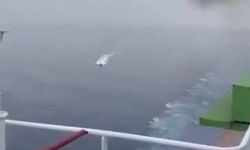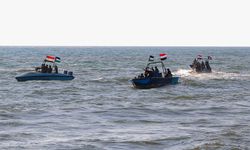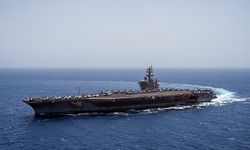The initiative's practical details remain scarce, leaving the maritime industry uncertain about its direct involvement in potential armed attacks at sea.
Since November 19, Houthi militia in Yemen have intensified attacks on vessels in the Red Sea amid Israel's military offensive in Gaza. The lack of clarity surrounding the coalition raises questions about its effectiveness and how it will respond to such incidents.
Houthi leader statements on Wednesday indicated potential retaliation against US warships if targeted by Washington. Despite missile attacks and seaborne assaults from fast boats, US warships have successfully repelled missiles fired by Houthi fighters.
Corey Ranslem, CEO of British maritime risk advisory firm Dryad Global, highlighted the uncertainties surrounding the coalition, including the number of warships involved, their arrival time in the region, rules of engagement, and the protection scheme. He emphasized the potential challenges of providing protection to commercial vessels in the relatively small area, depending on changes to Houthi tactics.
The November 19 attack, where Houthi commandos seized the car carrier Galaxy Leader and took it to Yemen's Hodeidah port, continues to disrupt a crucial trade route linking Europe and North America with Asia via the Suez Canal. Container shipping costs have surged as companies seek alternative, often longer, routes.
Ranslem predicts ongoing threats to commercial shipping as the conflict persists, leading some global shipping companies to divert around Africa or suspend operations in the region if the coalition's efforts prove ineffective.
US Secretary of Defense Lloyd Austin, during his visit to Bahrain, disclosed the nations involved in the Red Sea security operation, including Bahrain, Britain, Canada, France, Italy, the Netherlands, Norway, Seychelles, and Spain. The coalition will conduct joint patrols in the southern Red Sea and the Gulf of Aden.
The International Chamber of Shipping anticipates the coalition's task force will facilitate a coordinated effort across numerous military warships, providing a substantial suppressive response. The new coalition, initially led by the US and Britain, aims to involve additional nations over time, according to Gerry Northwood, a consultant with maritime security company MAST and former British navy captain.
Source: Reuters






